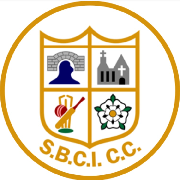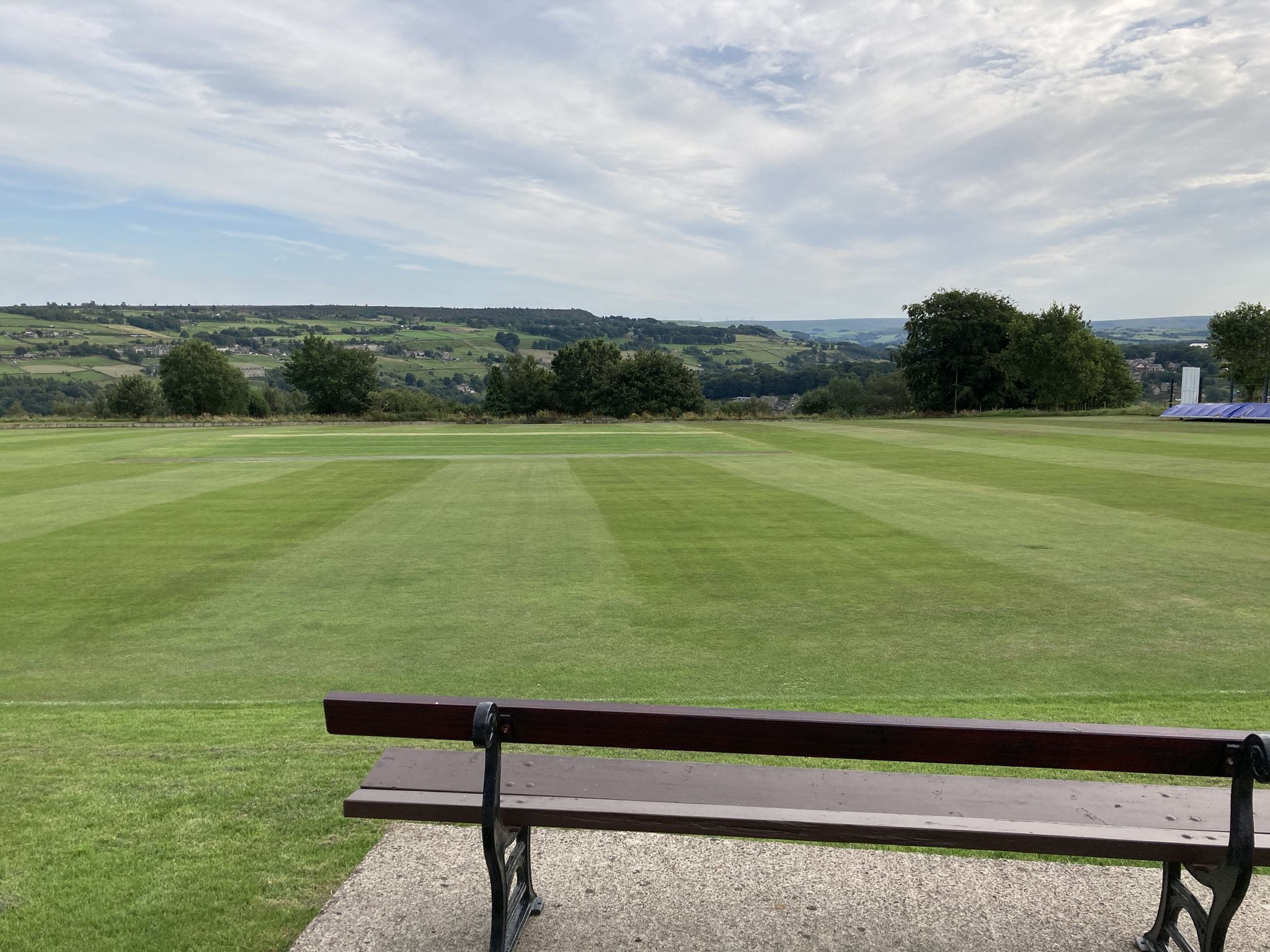Growing Pains
1934 – Internal Problems
The period between 1934 and 1946 was a traumatic time for SBCI and its members, but at the end of this period, the club was stronger and more independent, able to steer its own course to the thriving club it has become today.
Prior to 1934, the cricket club was funded by normal match fees and a ‘cut’ it received from the Institute’s fund raising activities. The cricketers contributed to events such as bazars as they were primarily members of the Institute, not just the cricket club.
Part of the Club’s commitment was to pay an annual rent to the Institute’s Management Committee. These payments had, apparently, lapsed and in 1934 this committee adopted the resolution:-
“That the Cricket Section be not allowed use of the playing field unless they can guarantee their rent”.
The Cricket Section Replied:-
“We regret that the Management Committee have seen reason to censure that section….. the Cricket Section has always been more or less subsidised from the Institute funds, further, up to 1934, the Cricket Section were not allowed to organise events for the purpose of raising funds, owing to the existence of a Social Committee”.
Although still subsidised by Institute events such as jumble sales and the Christmas Club, the Cricket Section needed more funds. The cricket committee requested a 12 month abeyance before any action was taken and embarked on frantic fund-raising preparations.
Motivated more by survival than aspiration, the committee began to adopt the methods of clubs with much greater manpower, financial turnover and security.
Bi-annual ‘Whist Drive and Dances’ were organised for February and October, and membership cards and fixture lists were printed (their costs covered by advertisements).
Old members and friends were cajoled to renew their interest in the Club.
By 1936, annual rent for the field was £8 8s and the club’s ongoing financial struggles are hinted during the winter of 1937-38.
The pitch was re-turfed ‘using sods from our own field’ and bitter objections were raised to an invoice for 13 hours rolling over two days when the committee had only requested eight hours rolling on one day.
To pay for this work the club embarked on a ‘mile of pennies’ scheme and a thousand envelopes were printed and distributed around the district.



